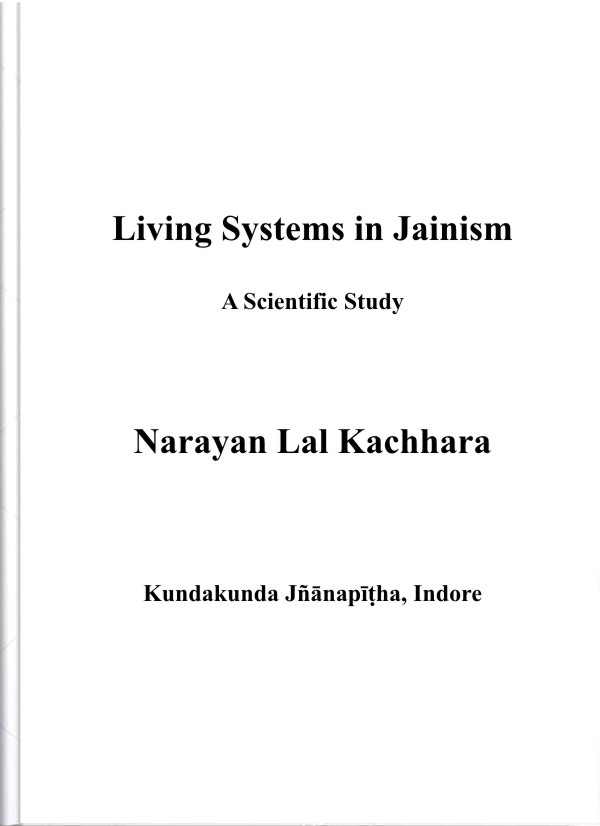The objectivity or subjectivity of cognition has nothing to do with its truth or falsehood. Cognition is false when something appears in a context other than its own. False knowledge is that which represents things in a relationship in which they do not exist. Falsehood consists of them is representation of objective facts in experience. Illusion consists of the attribution of spatial, temporal or other relationships to the objects of our judgment that do not actually exist but the objects themselves do actually exist, in other relationships.
The truth or falsehood of the context is ascertained by the subsequent correspondence or contradiction of the context. The criterion of falsity is not the subjectivity of the perception, but its contradictions. If a judgment is contradicted by another judgment that is unquestionably true, the first judgment should be rejected as untrue. Thus, the problem of falsity is ultimately a question of experience. The problem of truth is no less a matter of experience and prior logic is absolutely incompetent to deal with it.
How do we explain cognitions made based on personal attitudes? These are concerned with jnana as well as feelings. When they are intermixed, it results in confusion. The cognition of every being (except that of the Omniscient) is alloyed with passions and other karmic effects that disfigure or colour the vision like coloured glasses. This disfigurement sometimes is of very high amount, which we then call illusion. When the amount of disfigurement is not so high, we consider it to be a valid cognition. The difference between these two is only of degree and not quality. The cognition of a layman is valid only to a certain degree. Nothing is absolutely valid or invalid. The difference between jnana and disfigurement (ajnana) is that the former results from the removal of obscuring karma while the latter results from karmic rise. The first depends on the object; the latter depends on the subject.
Jainism does not draw a line between true and false cognition as far as objectivity is concerned. The data of a false cognition is as objective as that of a true one. In true cognition a thing appears in its actual relationship, but in false cognition it appears in a perverted form. The reality or perverseness of its perception is ascertained only through its subsequent experience of correspondence or contradiction.
A thing possesses innumerable qualities independent of the perceiver. In the case of the soul, the derivative (vibhava) qualities are generated by a cause different from the pure self. While they exist, these qualities are as real as the natural ones.
The cognizer is free to choose any of the already existing qualities for his or her expression. He or she cannot impose anything new. All qualities and relationships are not physical. Existences are physical as well as non-physical. But non-physicality does not necessarily mean subjectivity. There are many non-physical objective qualities such as jnana, actions, etc., which are neither subjective nor physical.
 Dr. N.L. Kachhara
Dr. N.L. Kachhara
